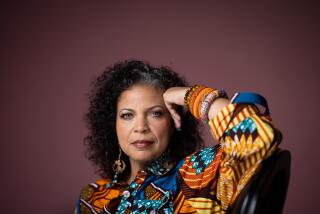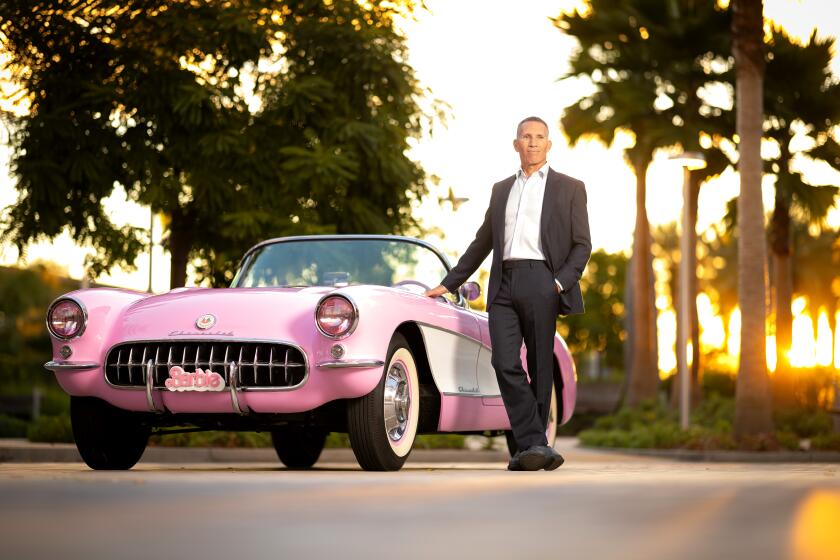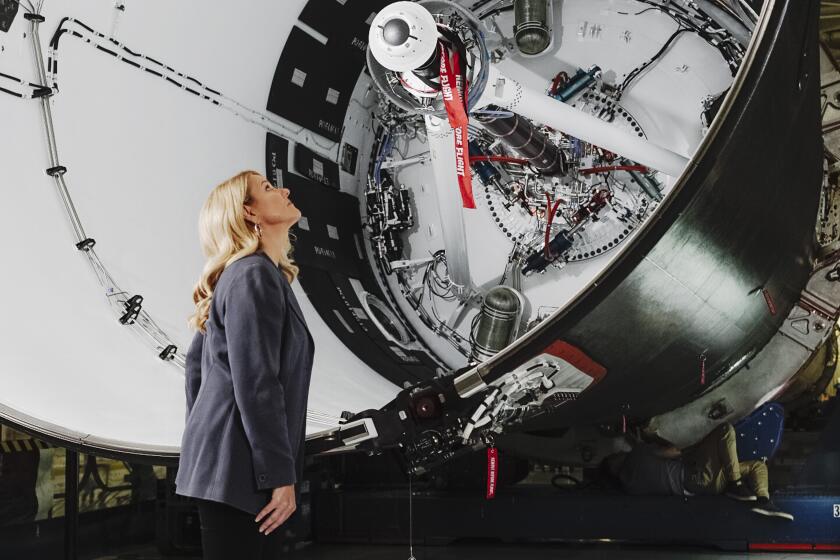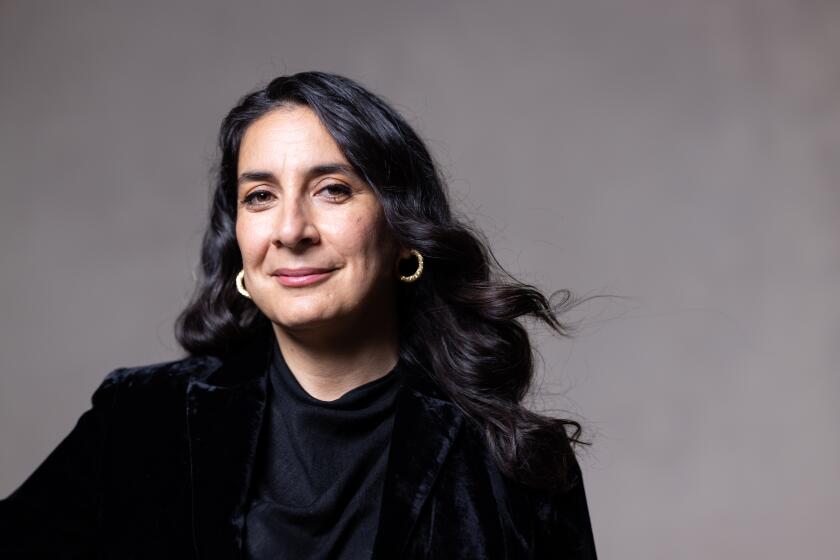
As general manager of the Metropolitan Water District of Southern California, Adel Hagekhalil has overseen a public agency that’s responsible for supplying the water that 19 million people drink. And he has been playing a leading role in efforts to transform how Southern California manages water, one of the most consequential issues the region faces as climate change continues to upend the water cycle.
Discover the changemakers who are shaping every cultural corner of Los Angeles. This week we bring you The Disruptors. They include Mattel’s miracle maker, a modern Babe Ruth, a vendor avenger and more. All are agitators looking to rewrite the rules of influence and governance. Come back each Sunday for another installment.
His influence in this critical sphere currently hangs in the balance. Earlier this month, the water district’s board placed Hagekhalil on leave as it investigates harassment allegations by his chief financial officer that he denies. With him sidelined, some of his supporters are concerned the policies he has been pursuing could be affected.
Hagekhalil says Southern California needs to be ready for more climate “whiplash,” including extreme dry spells, and must prepare to rely less on water imported from the Colorado River, where reservoirs remain at low levels after years of overuse and shrinking flows.
He says that will mean developing more local water supplies by recycling wastewater, cleaning up contaminated groundwater, capturing stormwater and designing new infrastructure.
“We need to diversify,” he said.
Hagekhalil has said he views his job as being something of a “water doctor.” He promotes the concept of “One Water,” which refers to developing holistic solutions with community involvement by viewing all sources — potable water, stormwater, wastewater — as part of one system.
Hagekhalil’s views about the value of water were shaped by his youth in Lebanon, where his Palestinian family lived through violence and hardships during the country’s 15-year civil war. For a time as a teenager, they had no running water at home, so he stood in line with jugs to collect water from a communal spigot.
He later became an engineer and settled in California, where he managed sewer systems and street services for Los Angeles. He has held the top job at MWD since 2021, overseeing more than 1,900 employees.
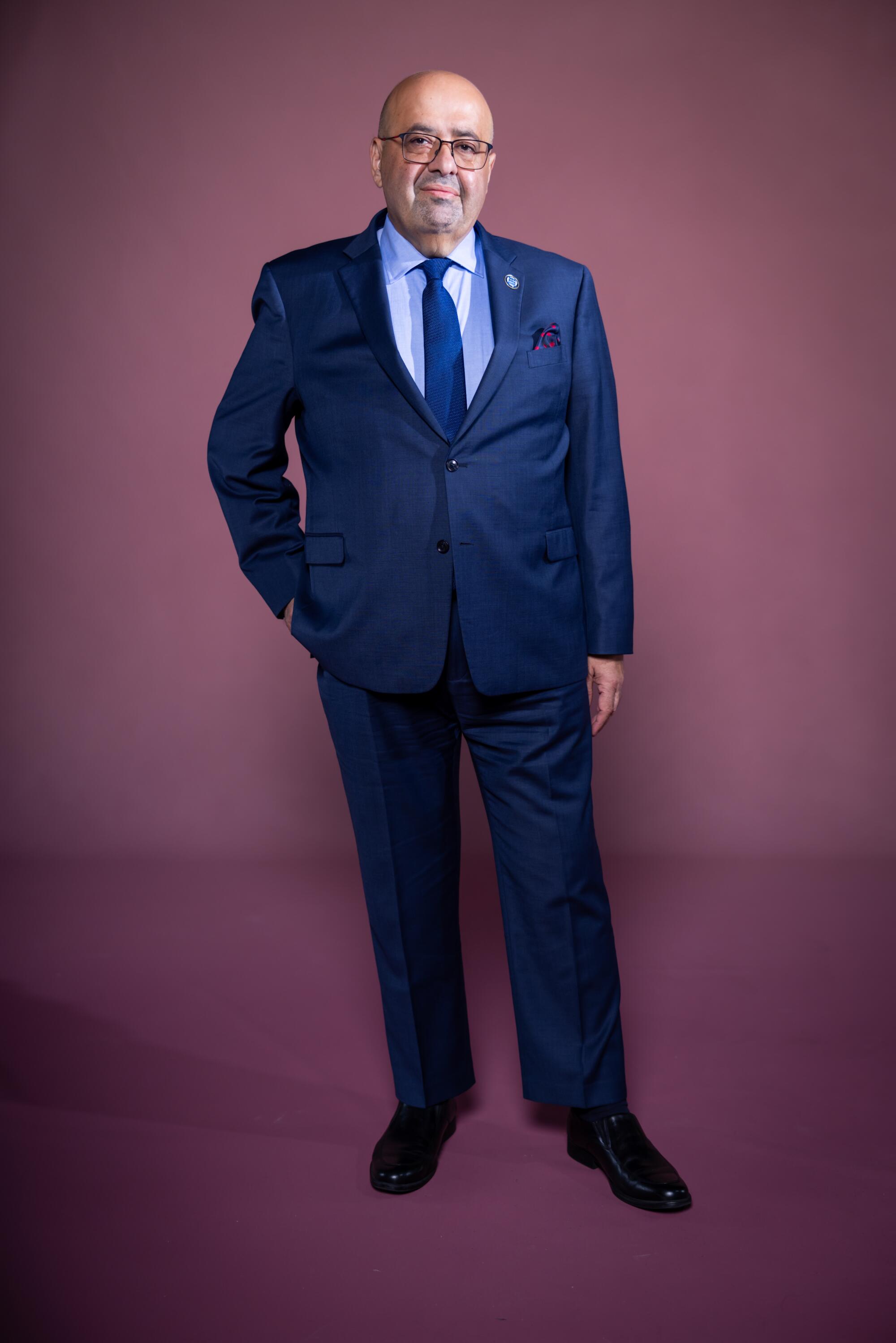
With support from the 38-member MWD board, Hagekhalil and his staff are working on the district’s climate adaptation plan for the next 25 years.
In recent meetings in his office overlooking downtown Los Angeles, Hagekhalil, 59, has been talking about ways to get rid of purely decorative grass to save water, and plans to build the country’s largest wastewater recycling facility in Carson. He says that and other infrastructure projects to more nimbly transport and store water can become the equivalent of a virtual “fourth aqueduct,” one that relies largely on local sources.
“For me, it’s always about transformations,” Hagekhalil said. “In the past, we were the importers of water. And I think we’re shifting to providers, caretakers of water for everyone.”

